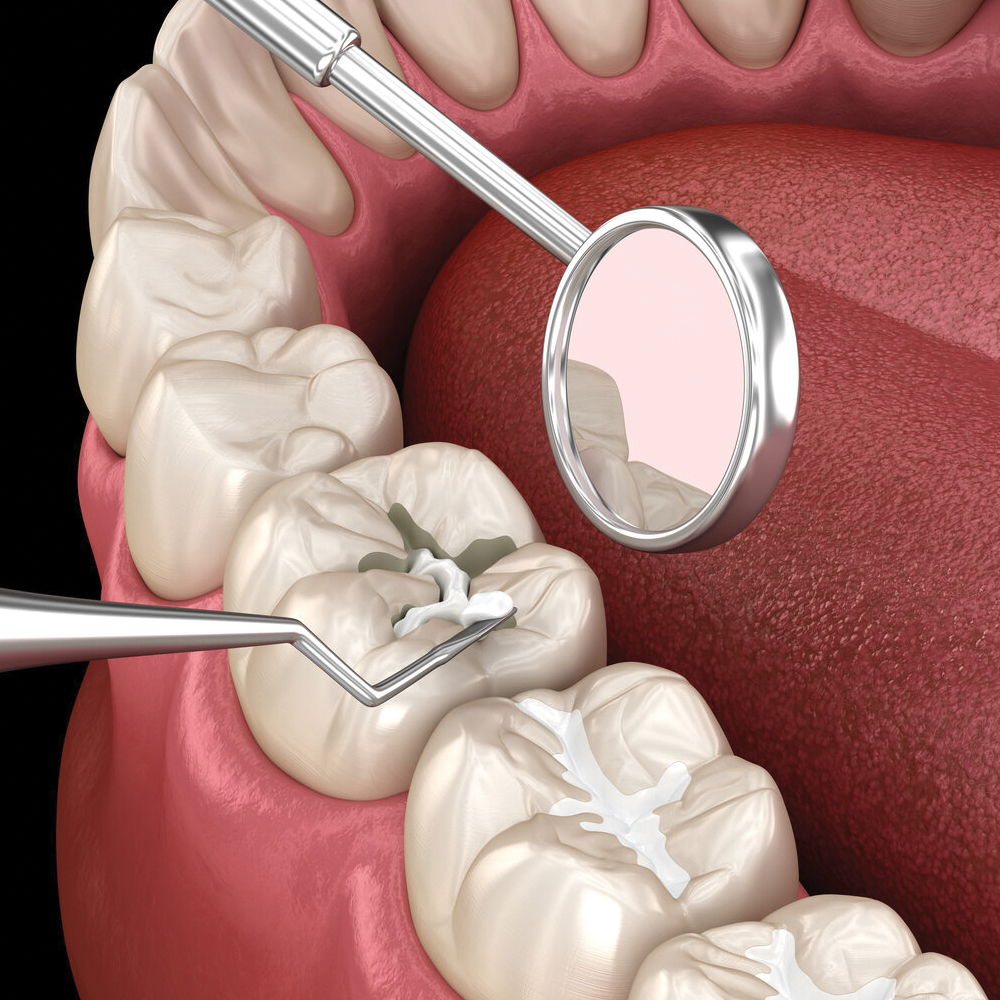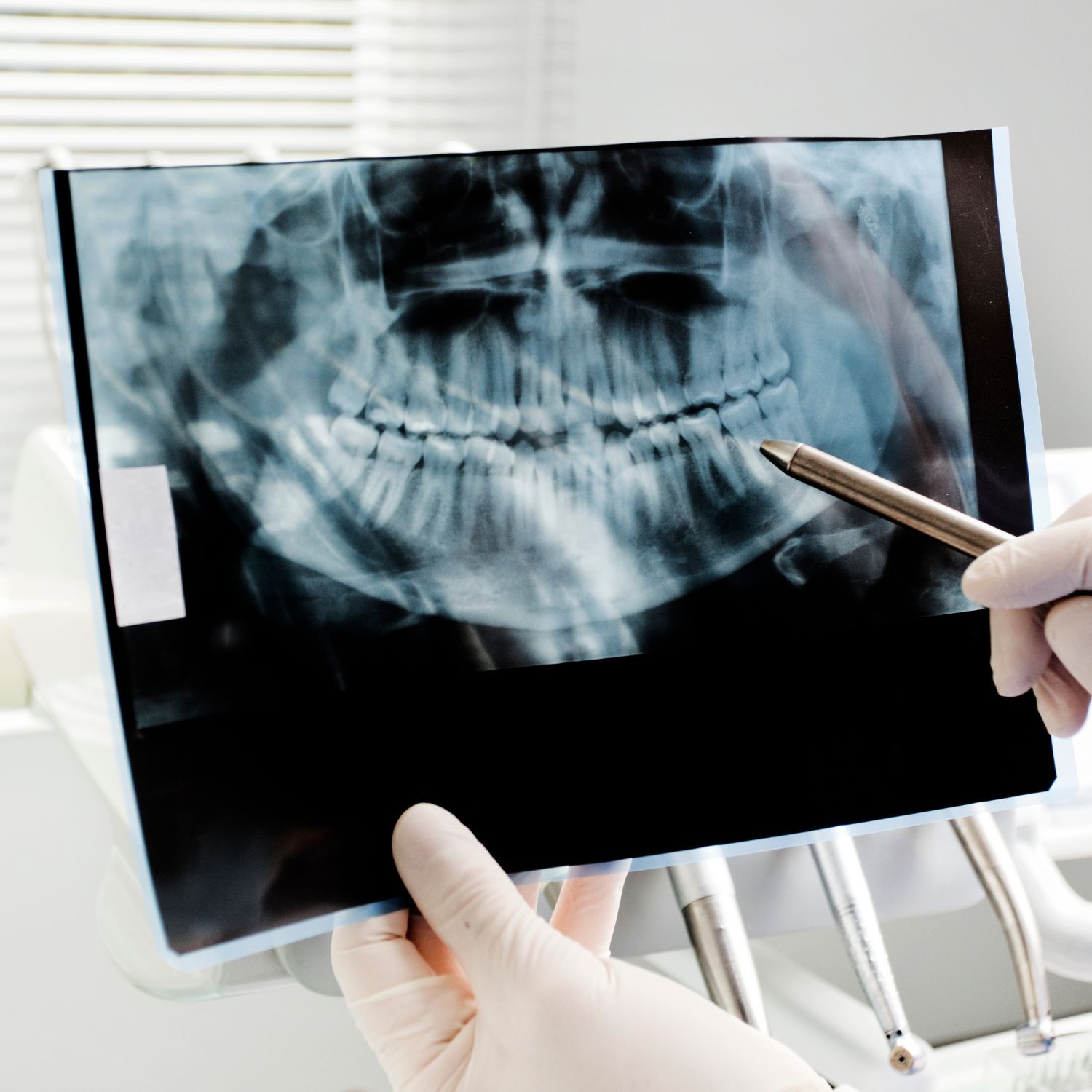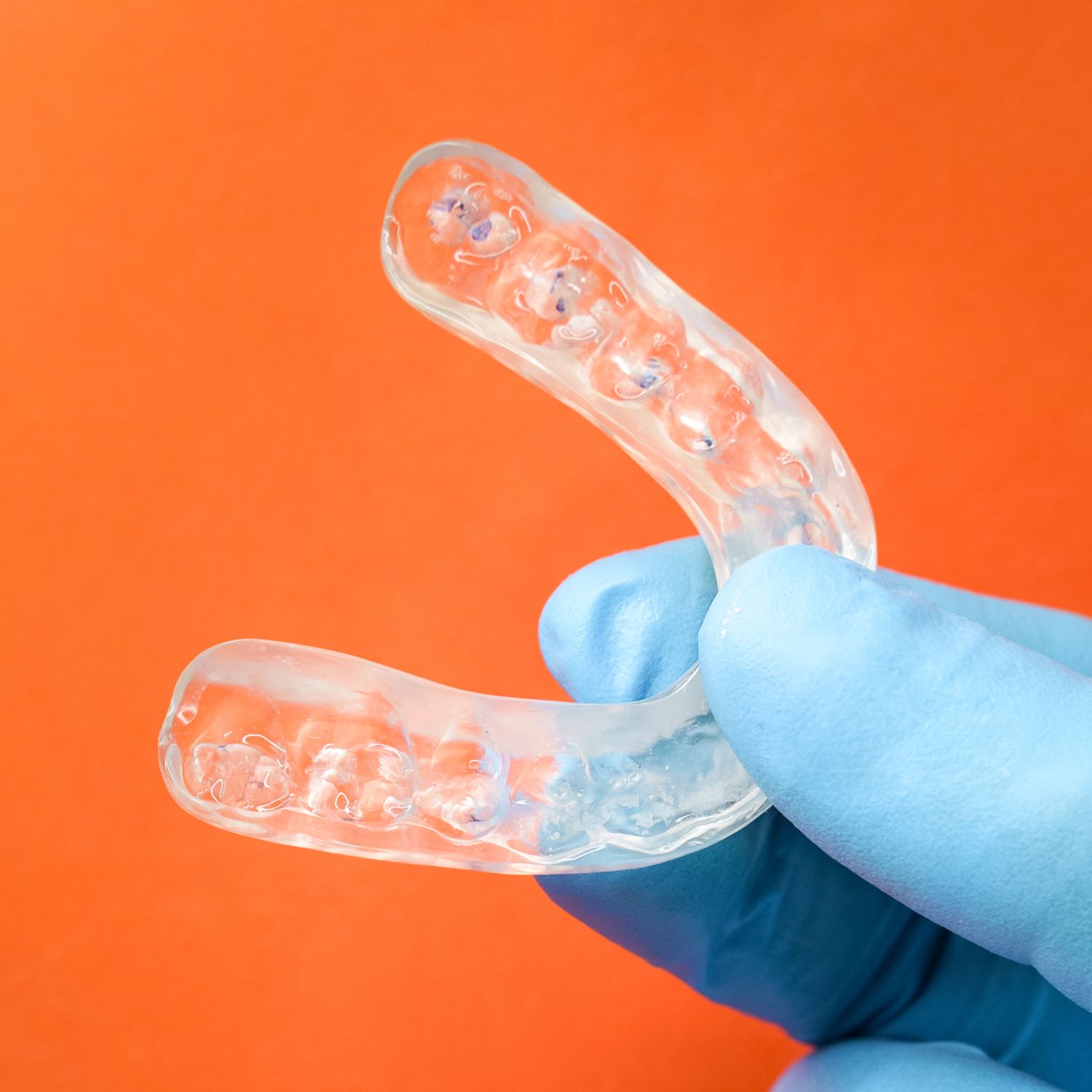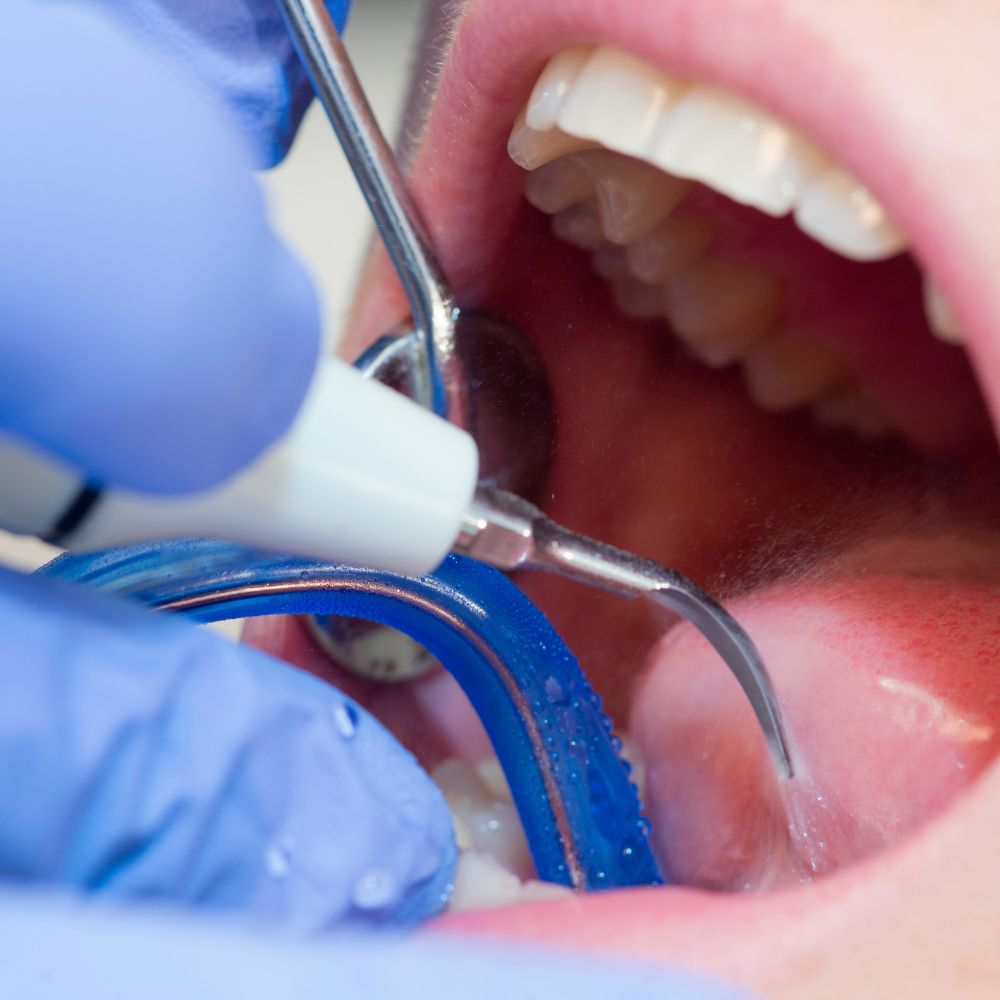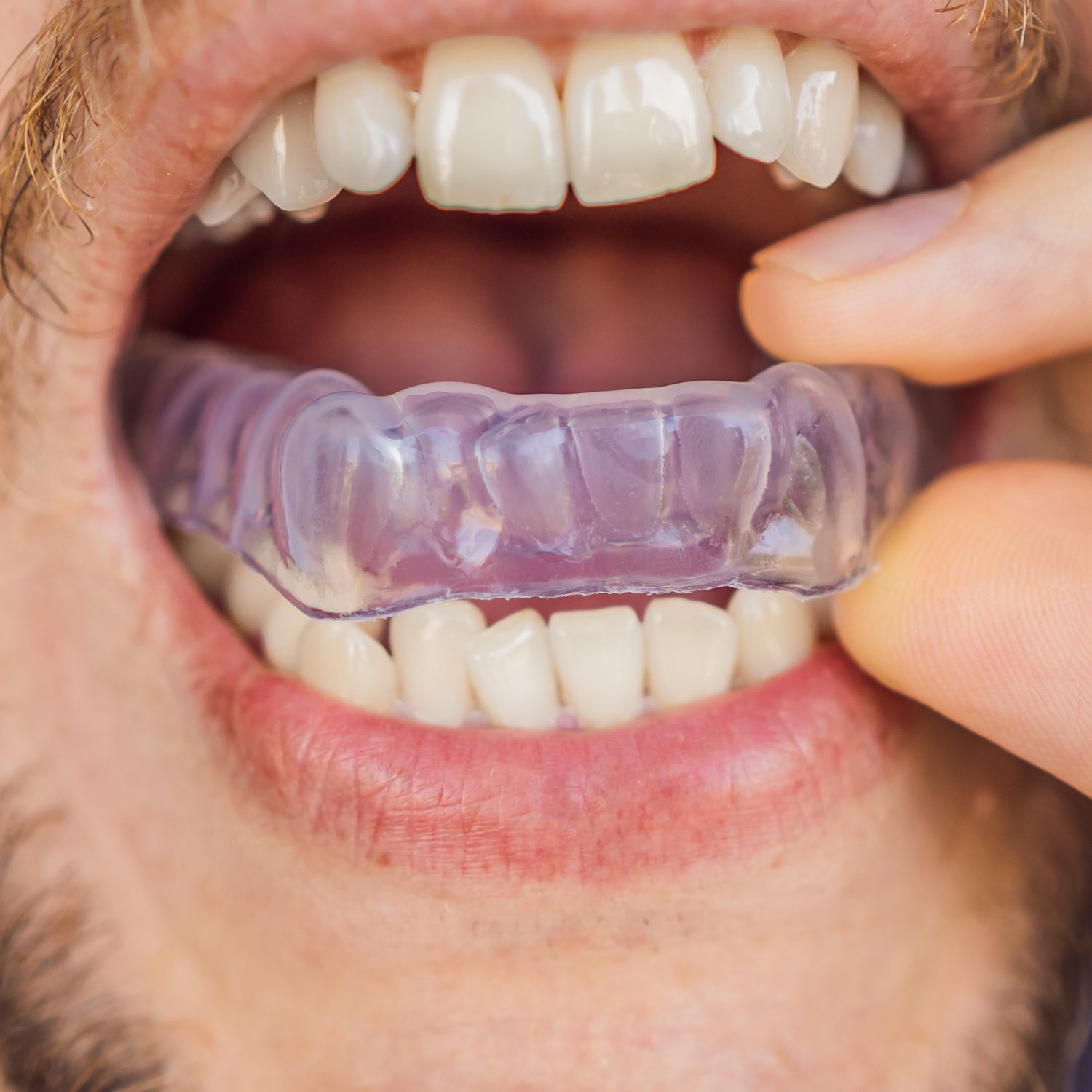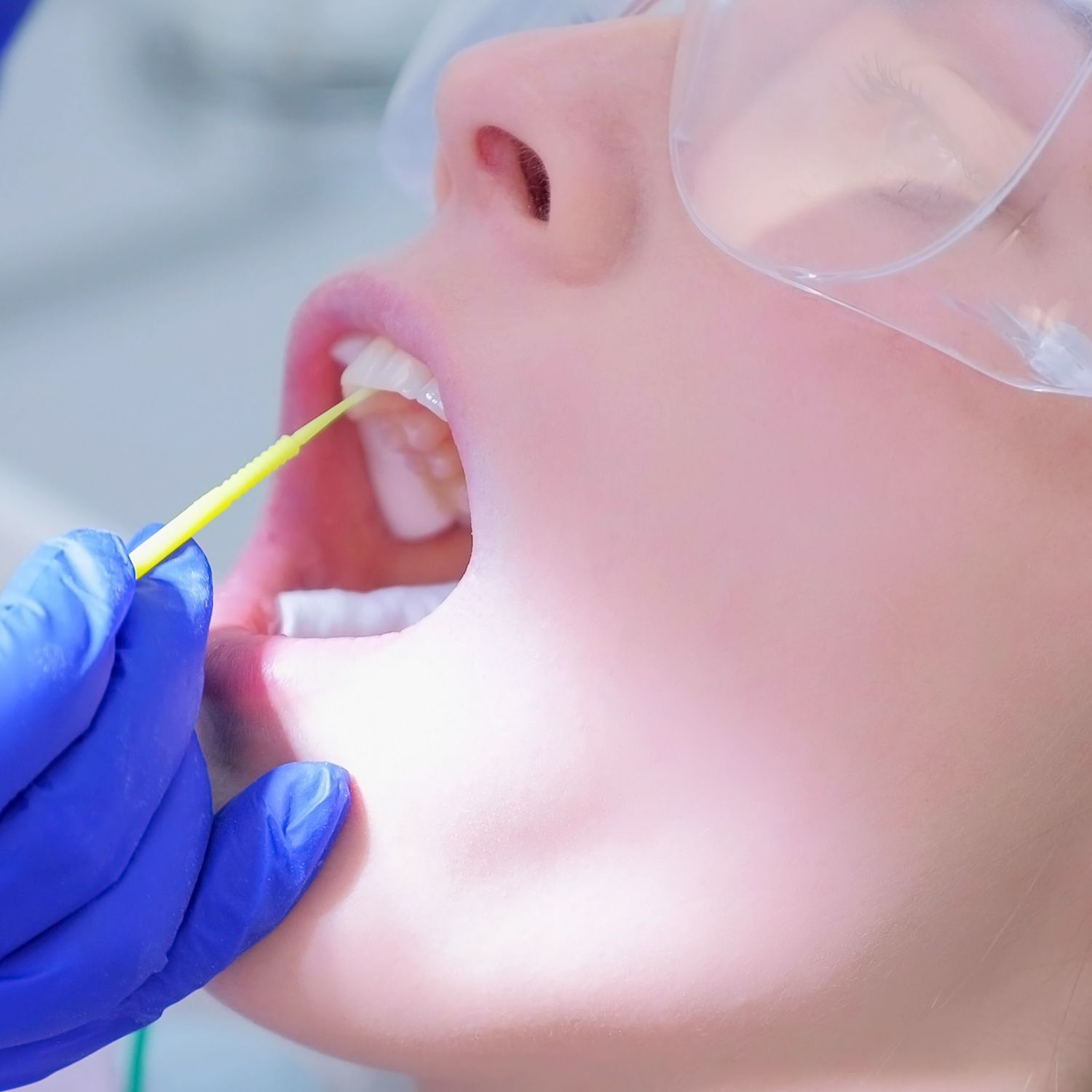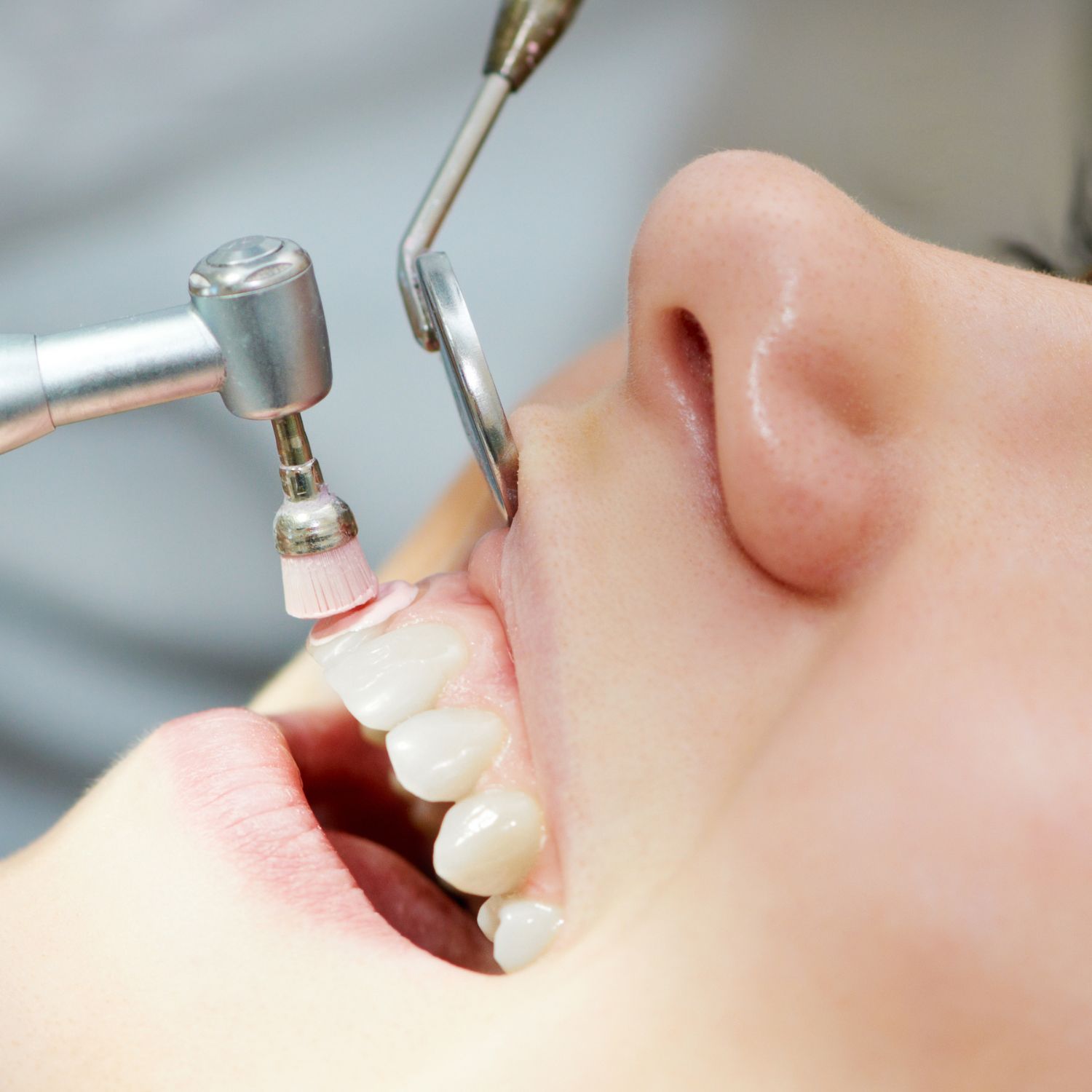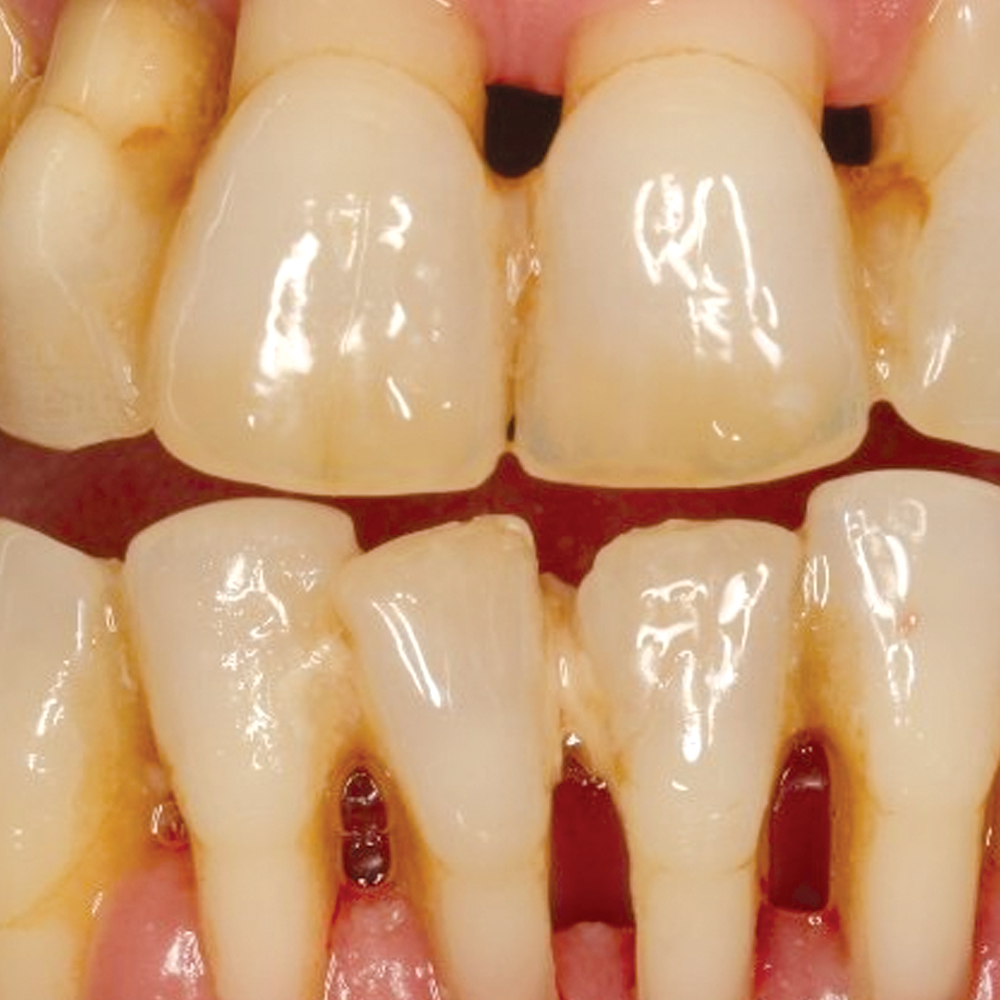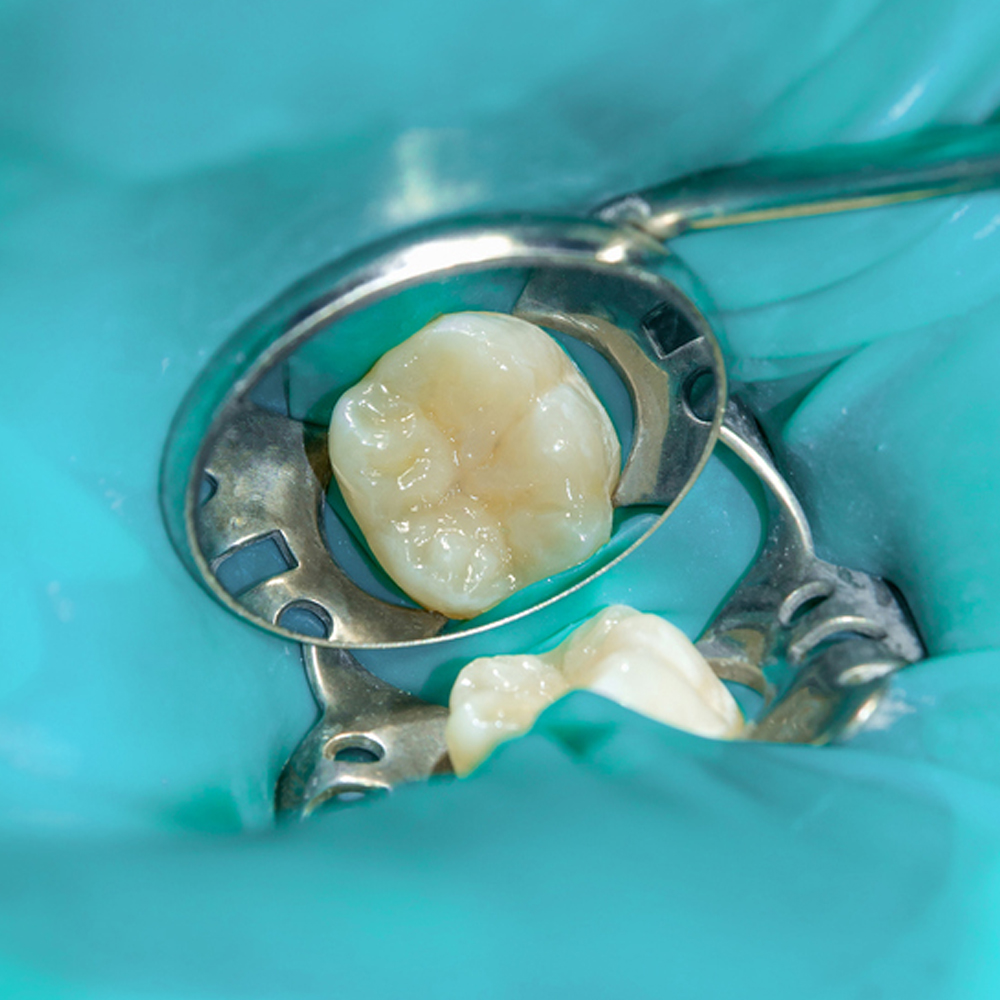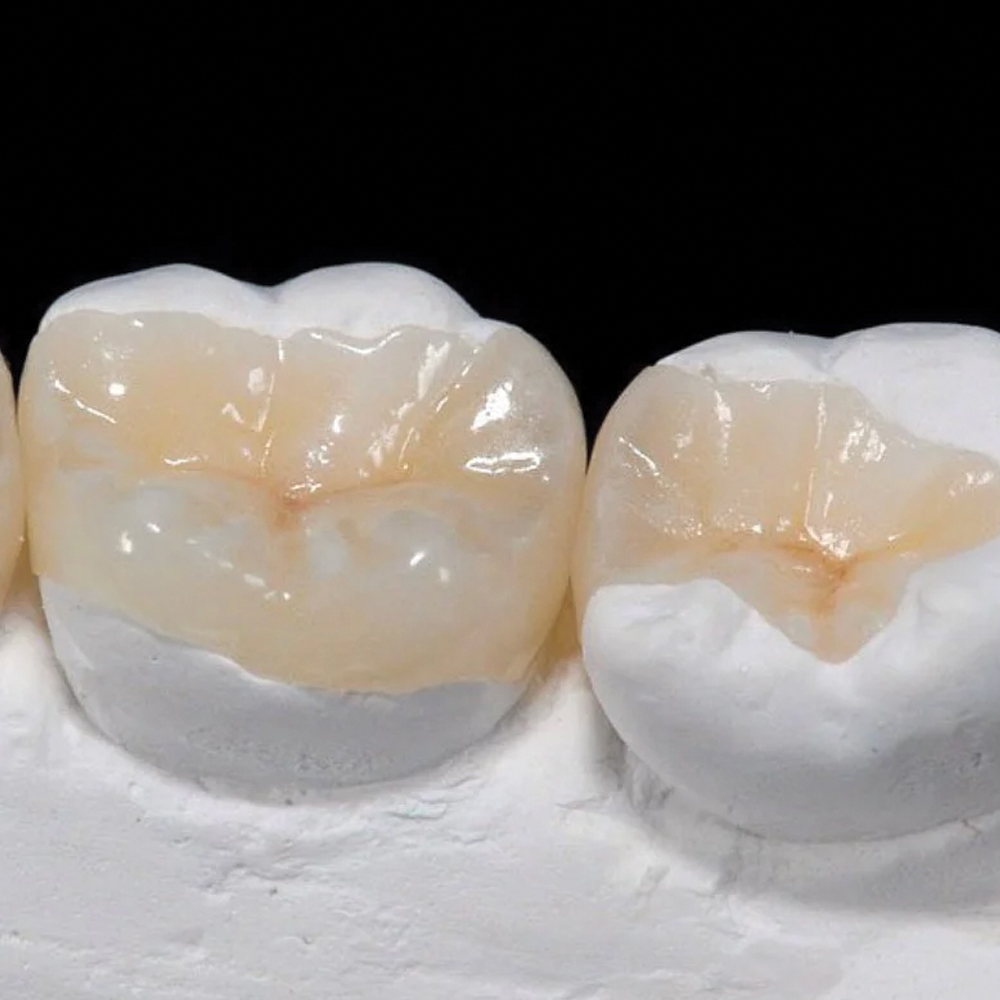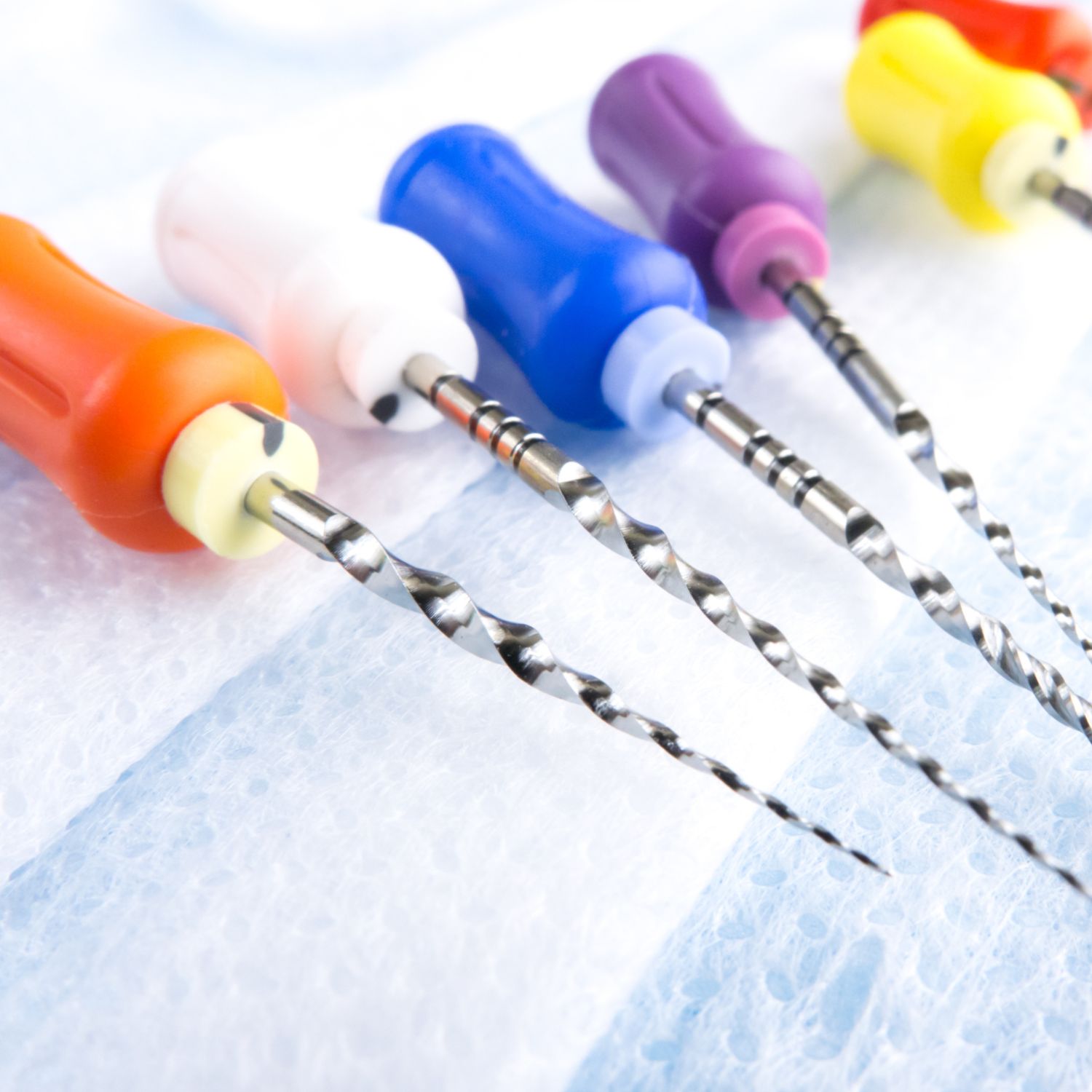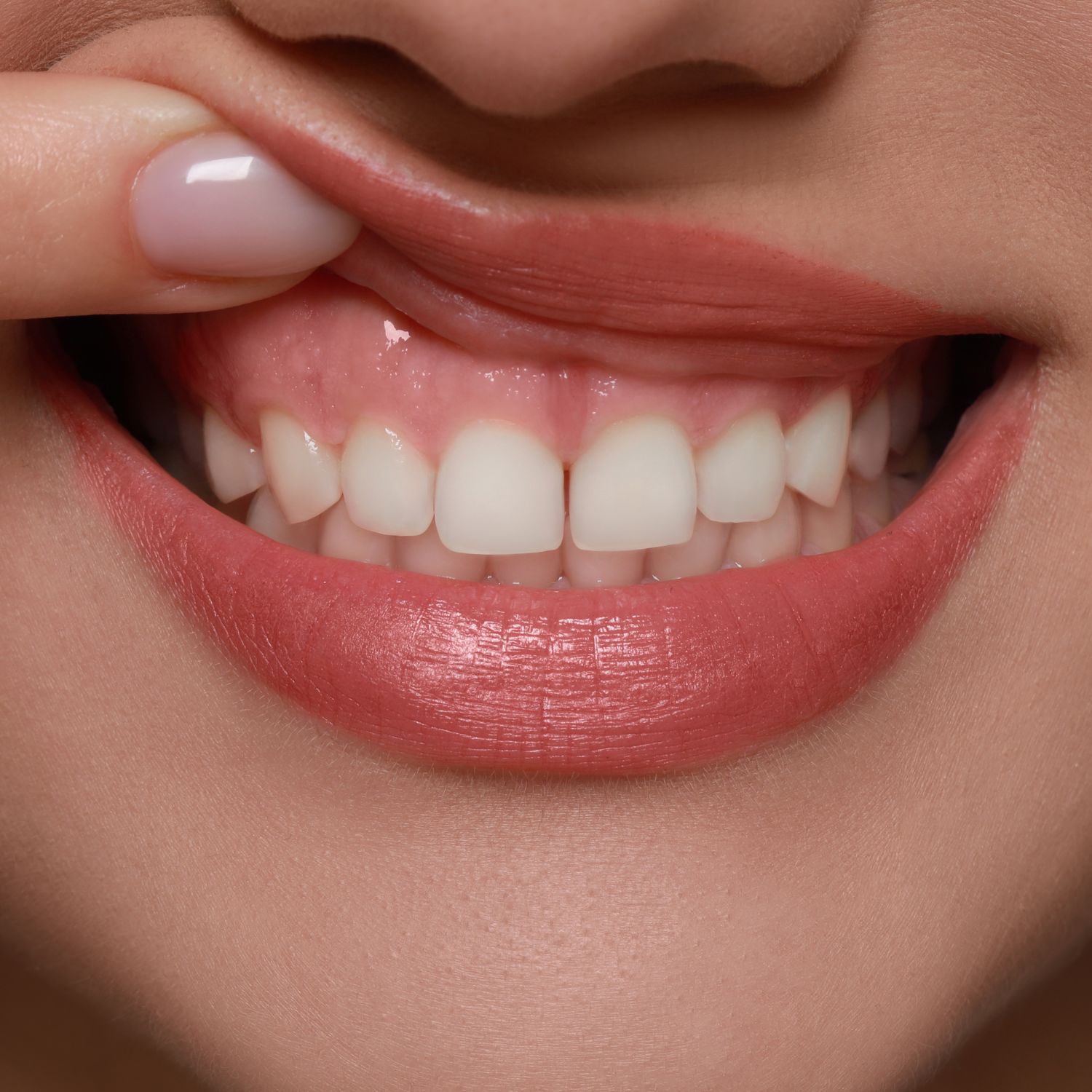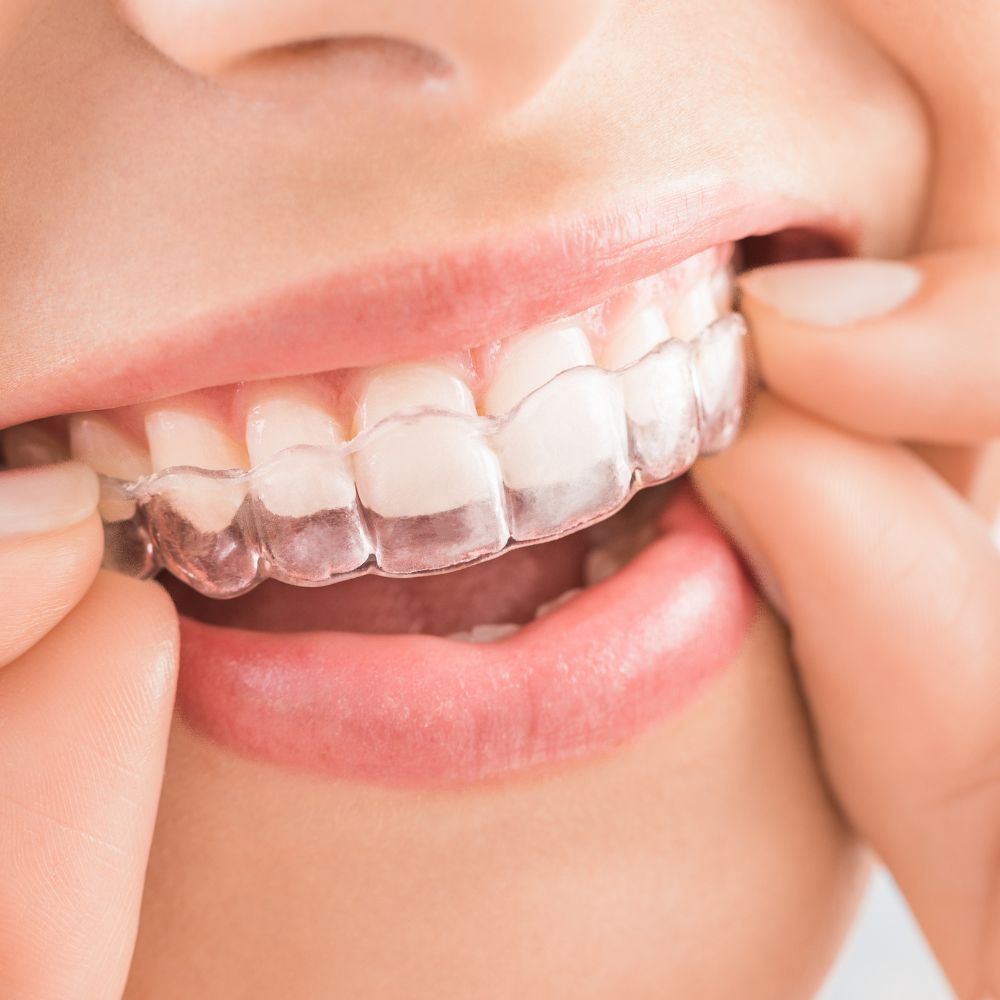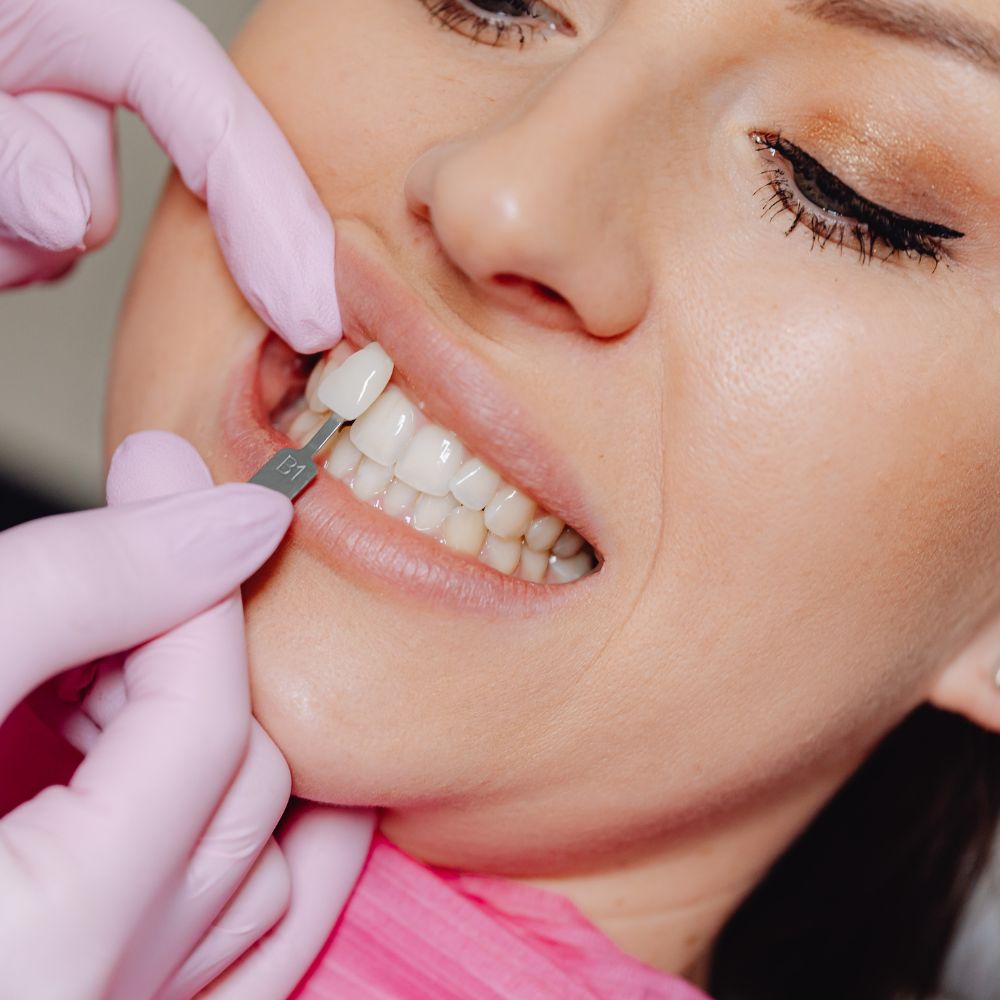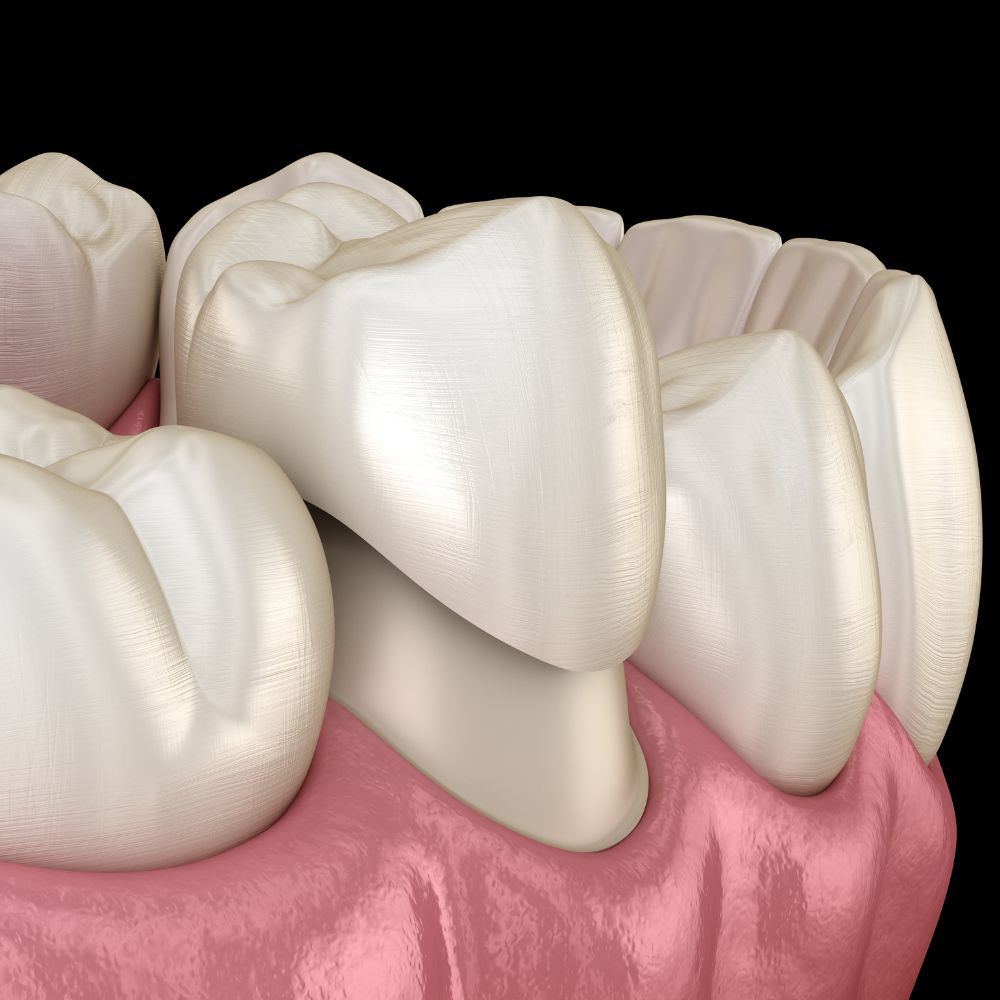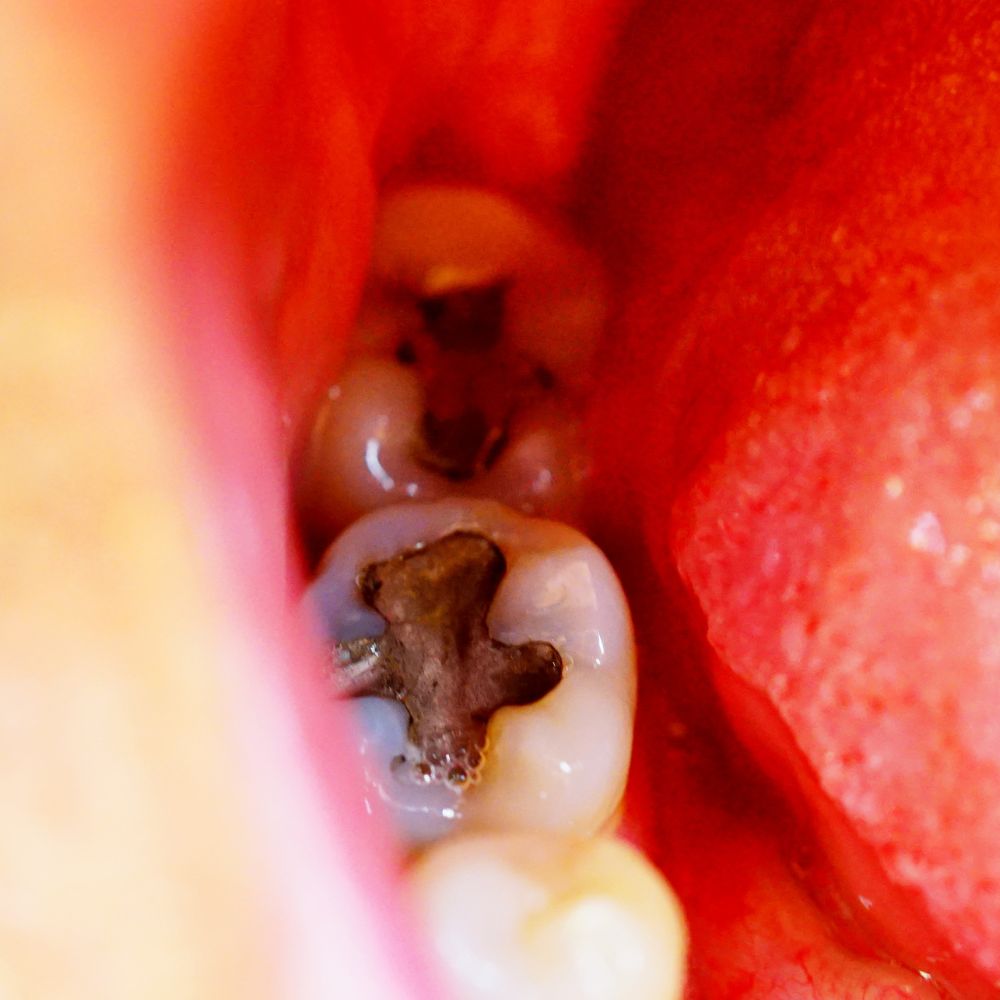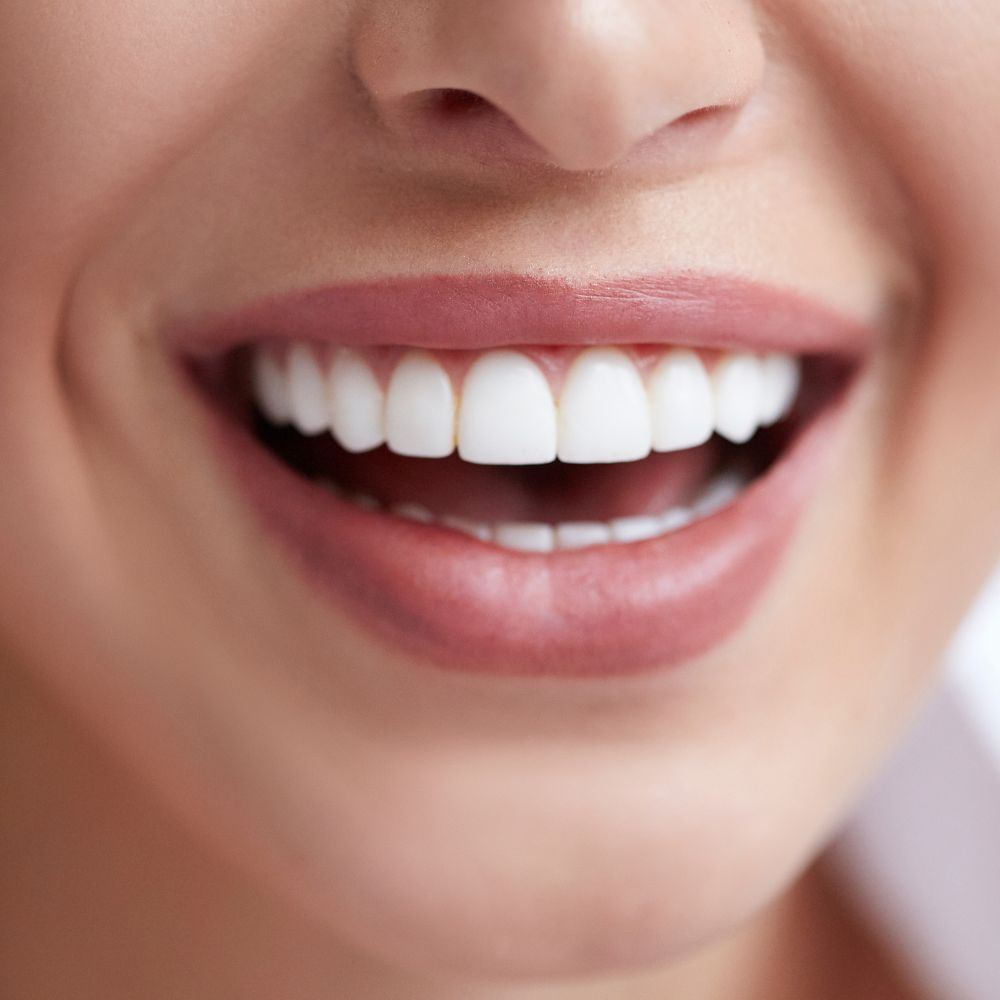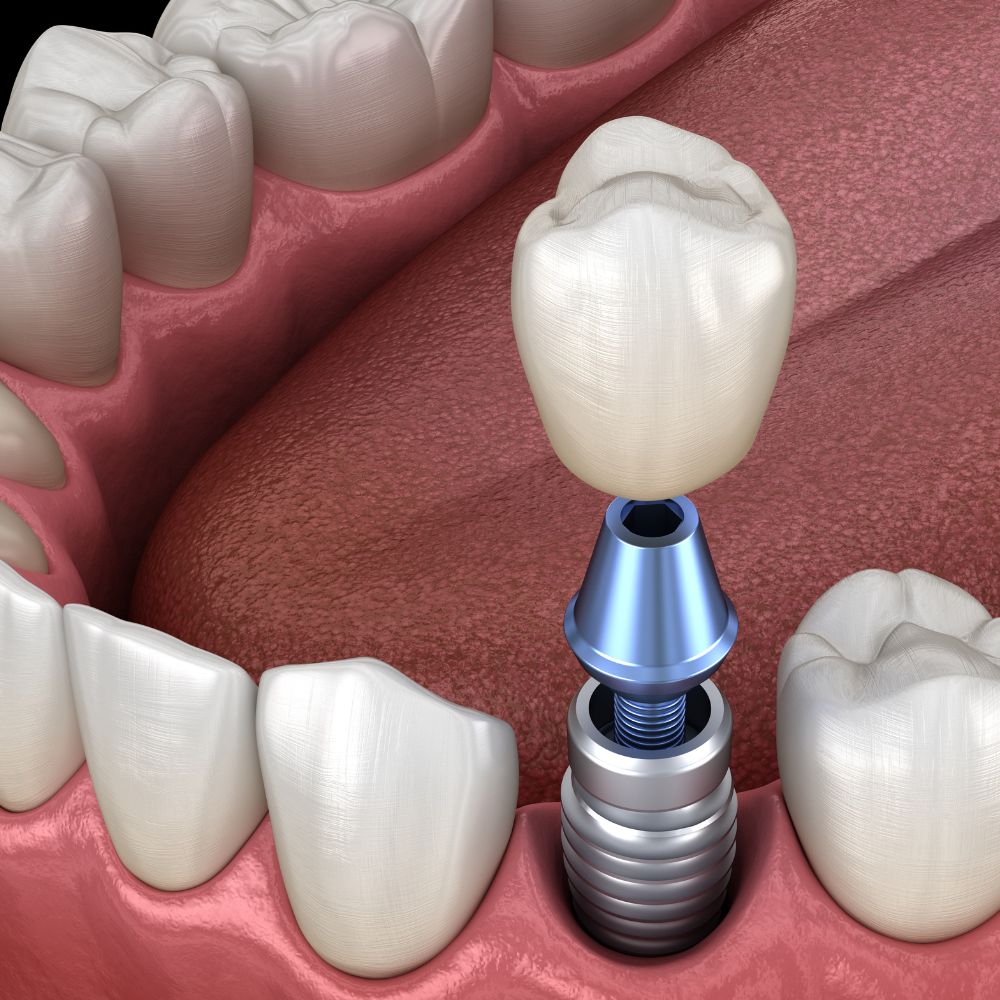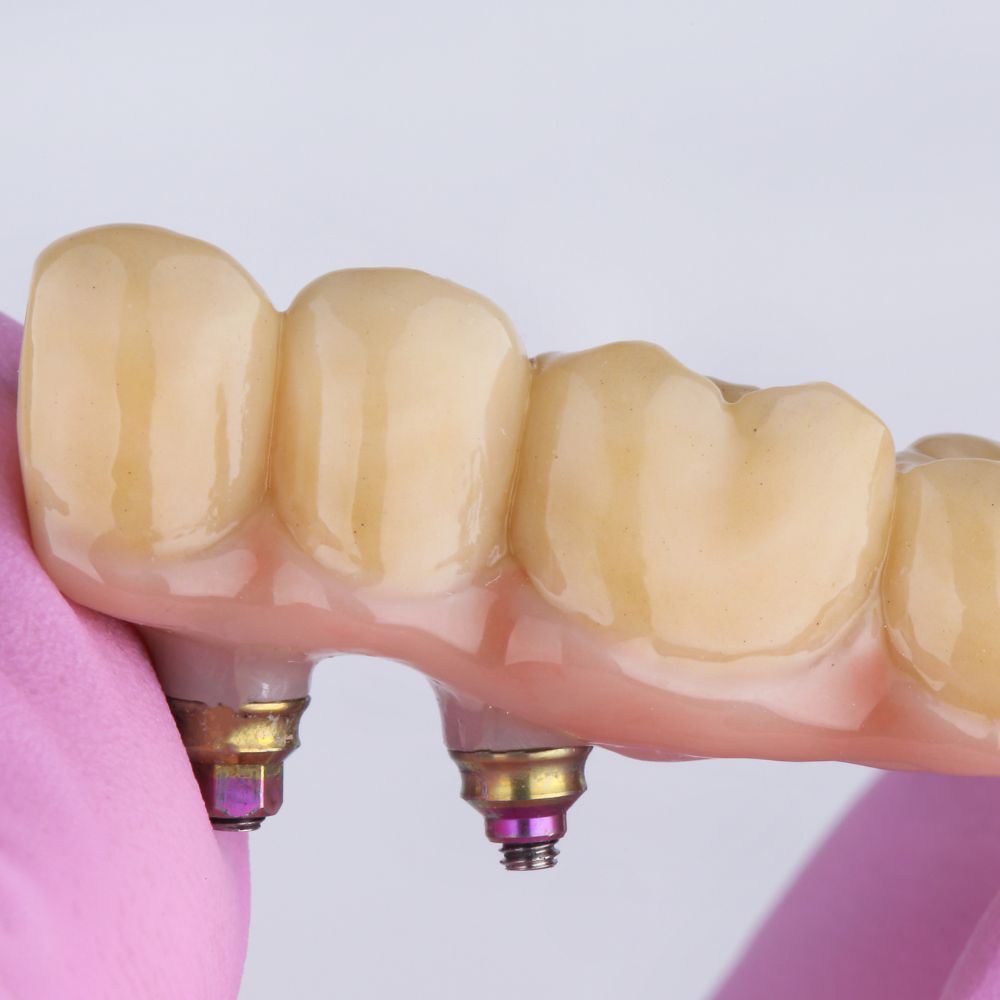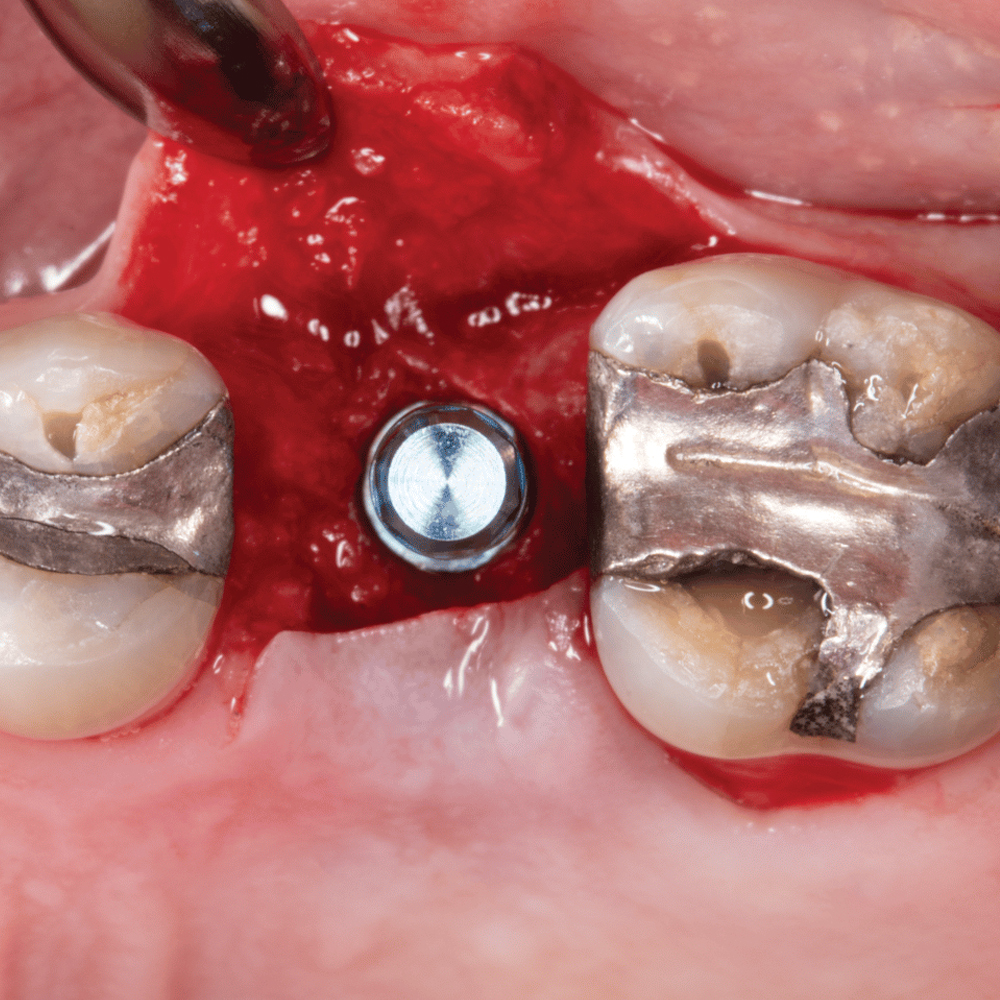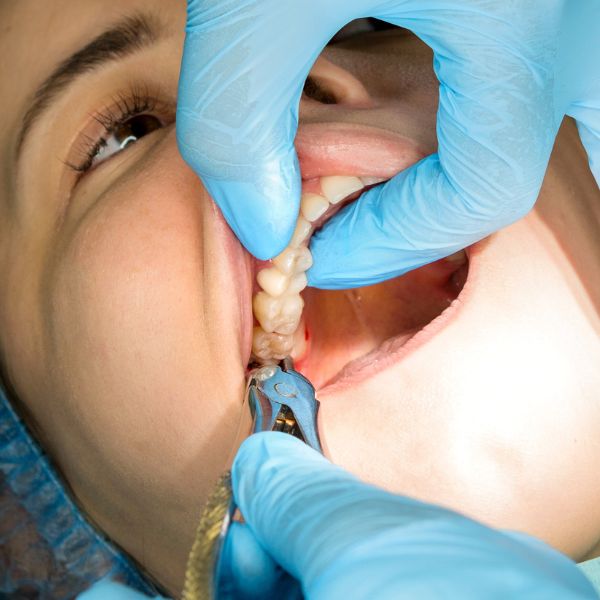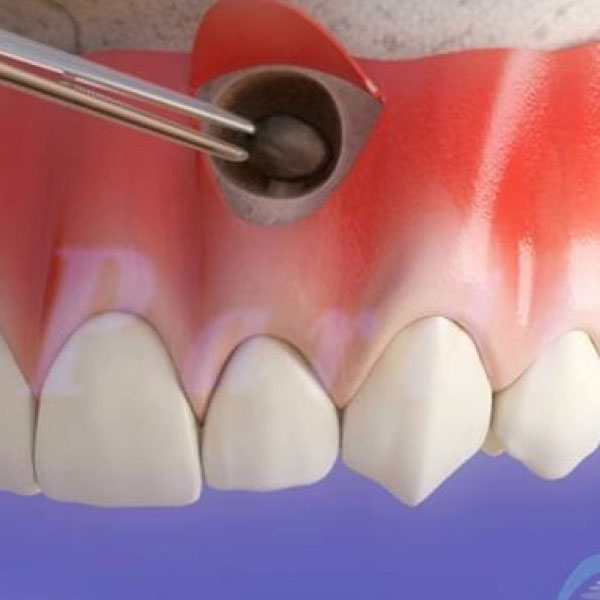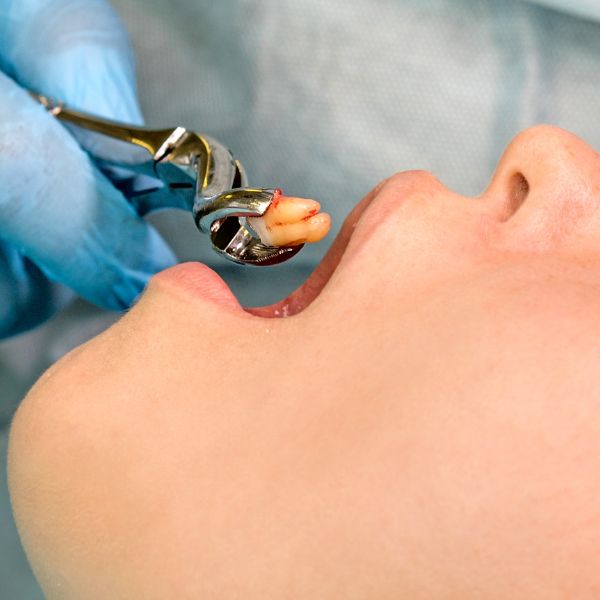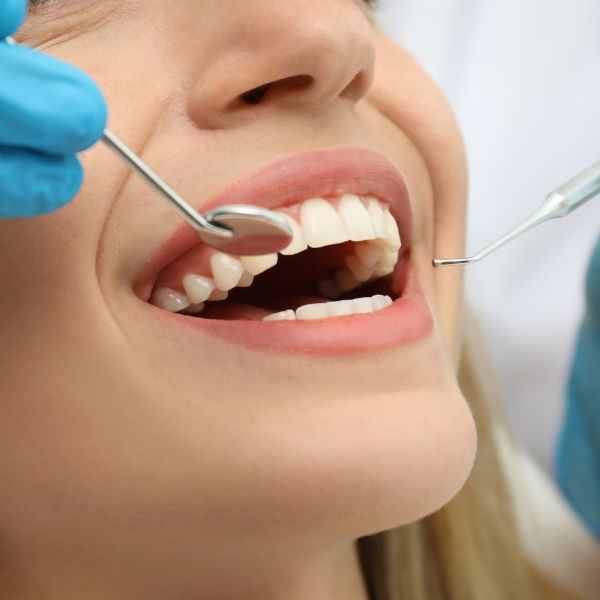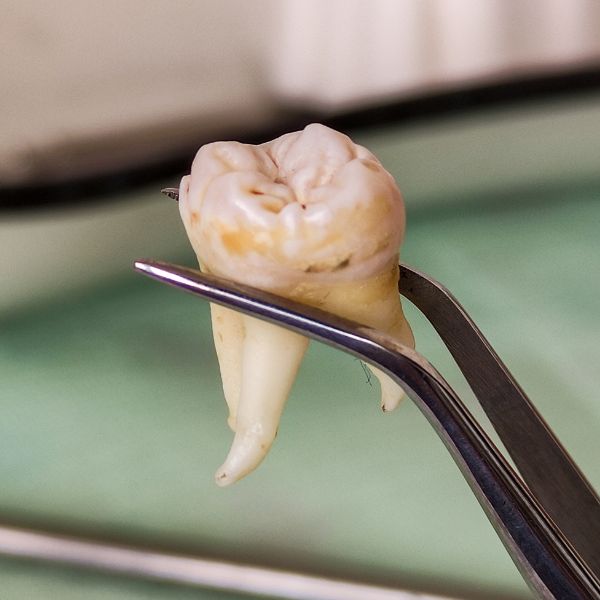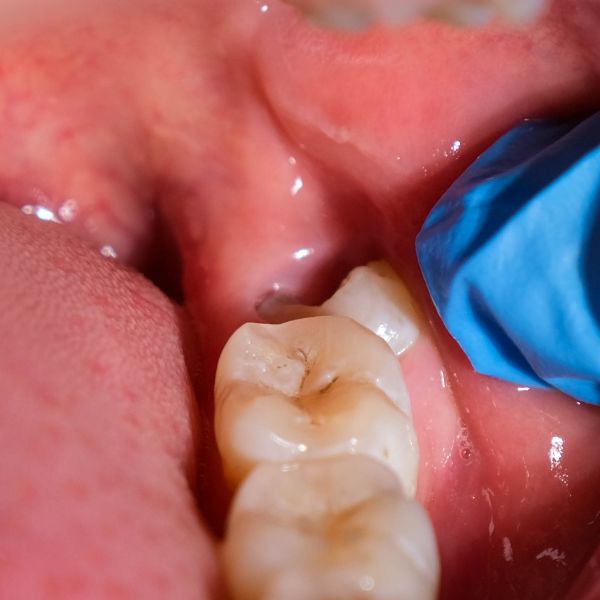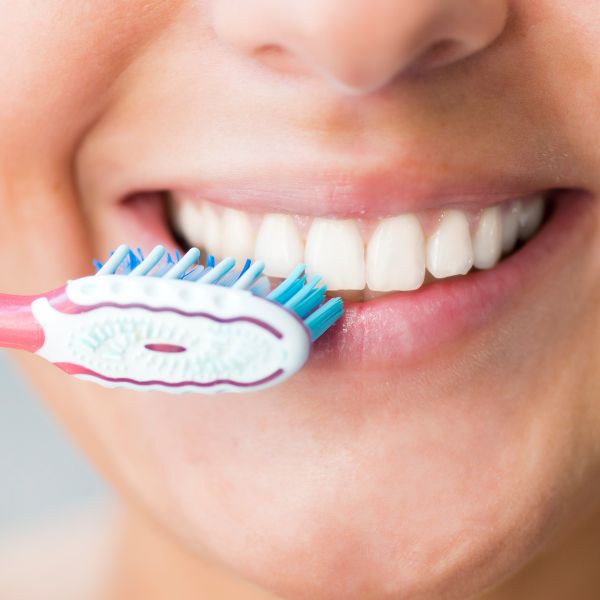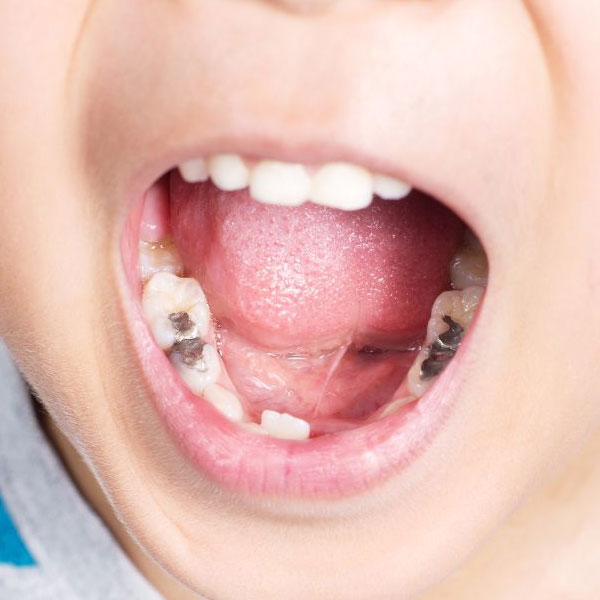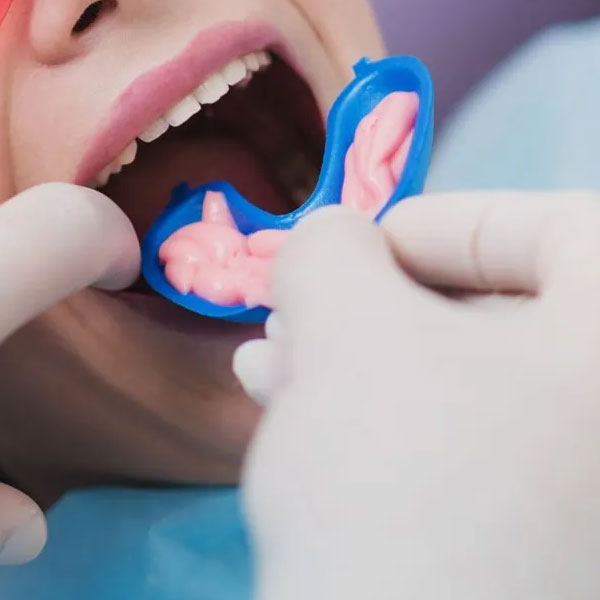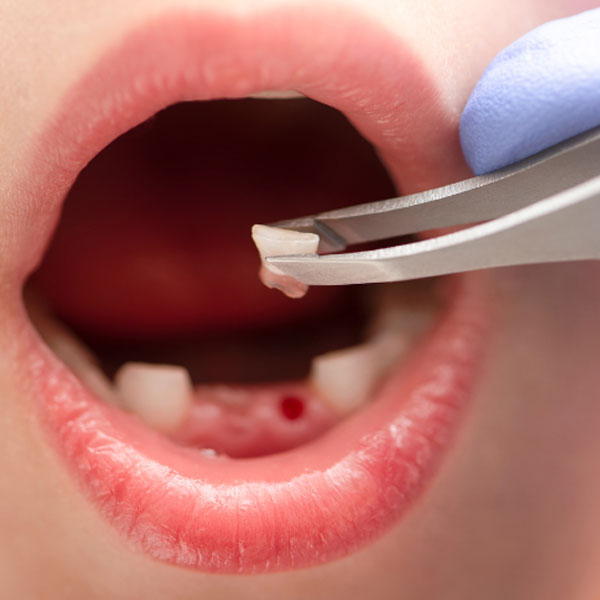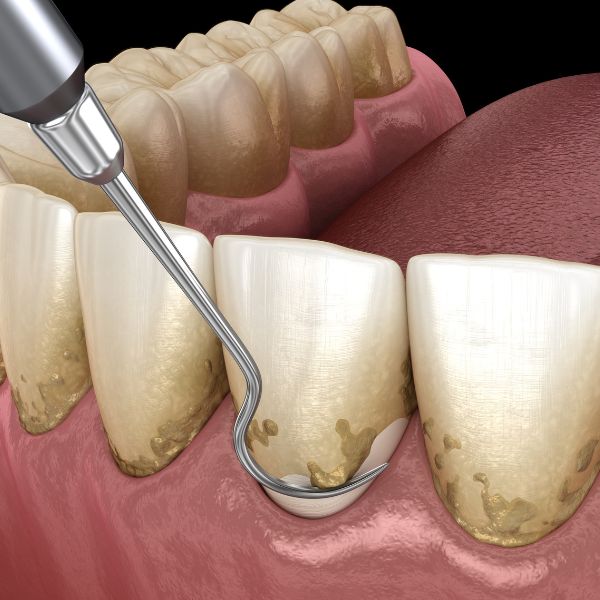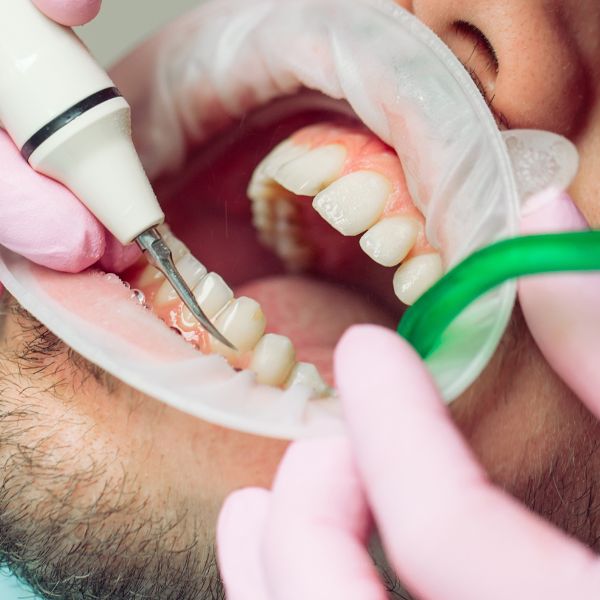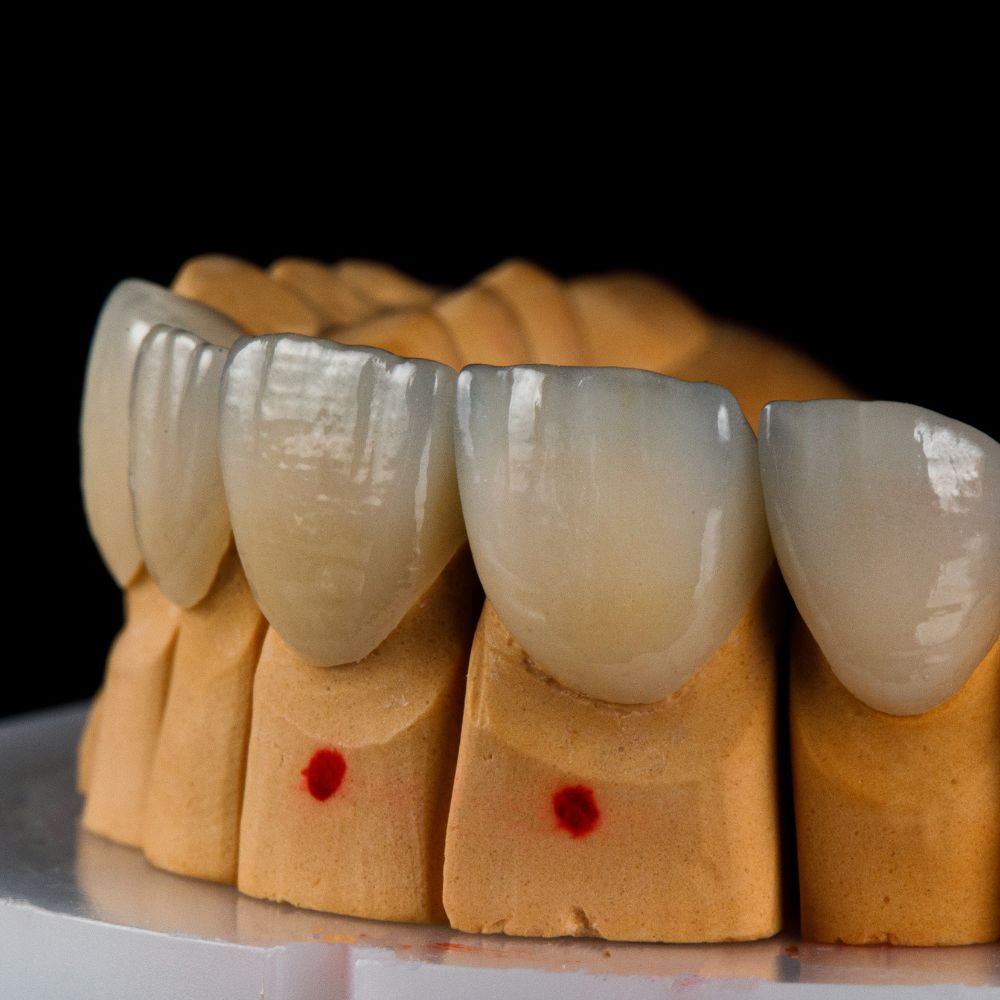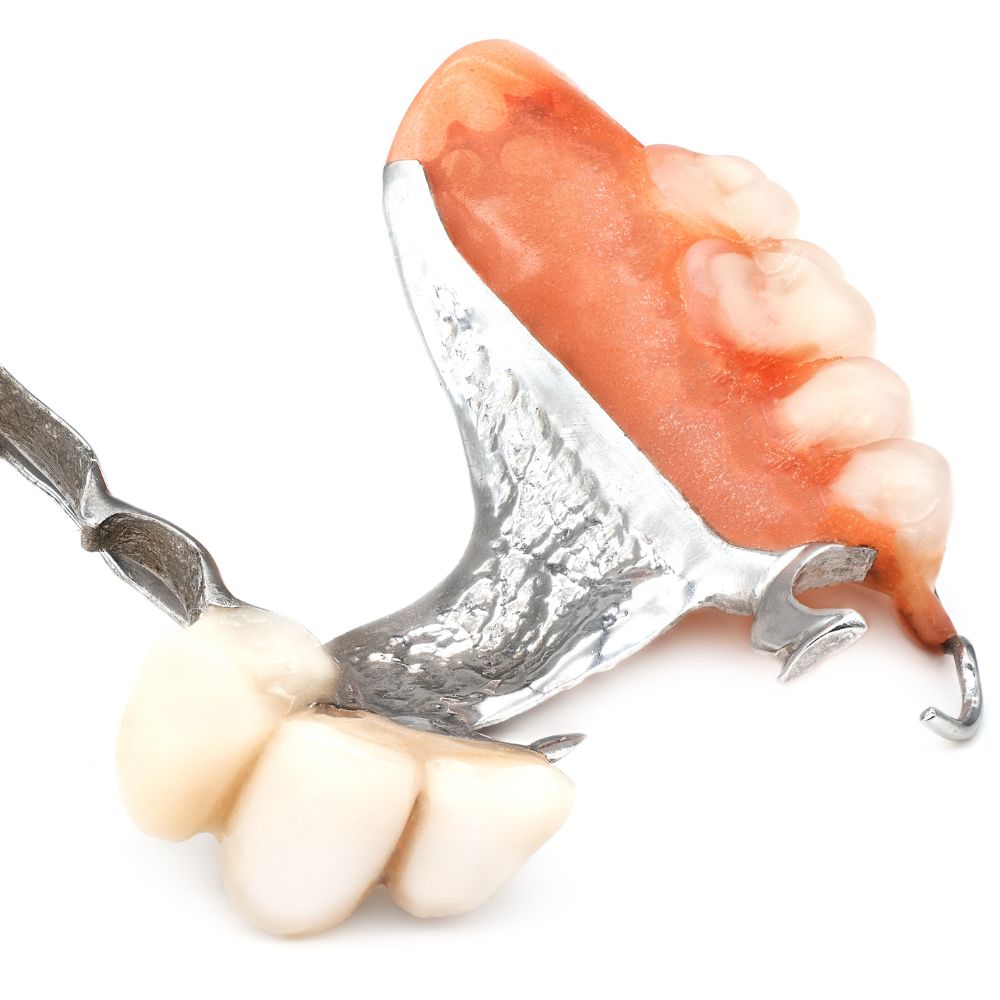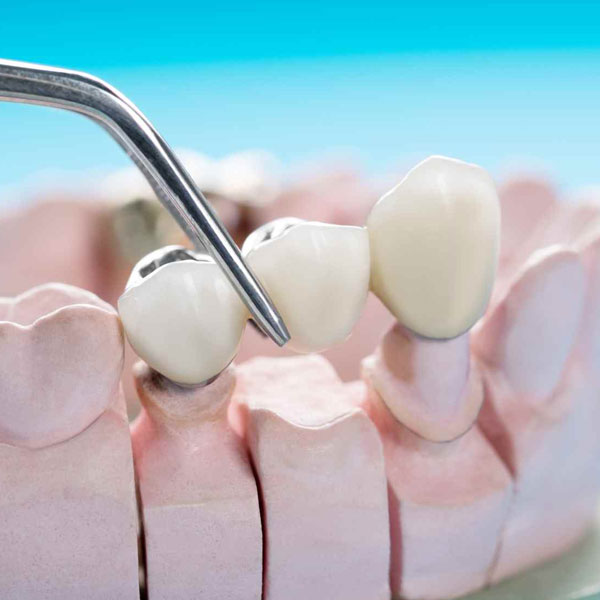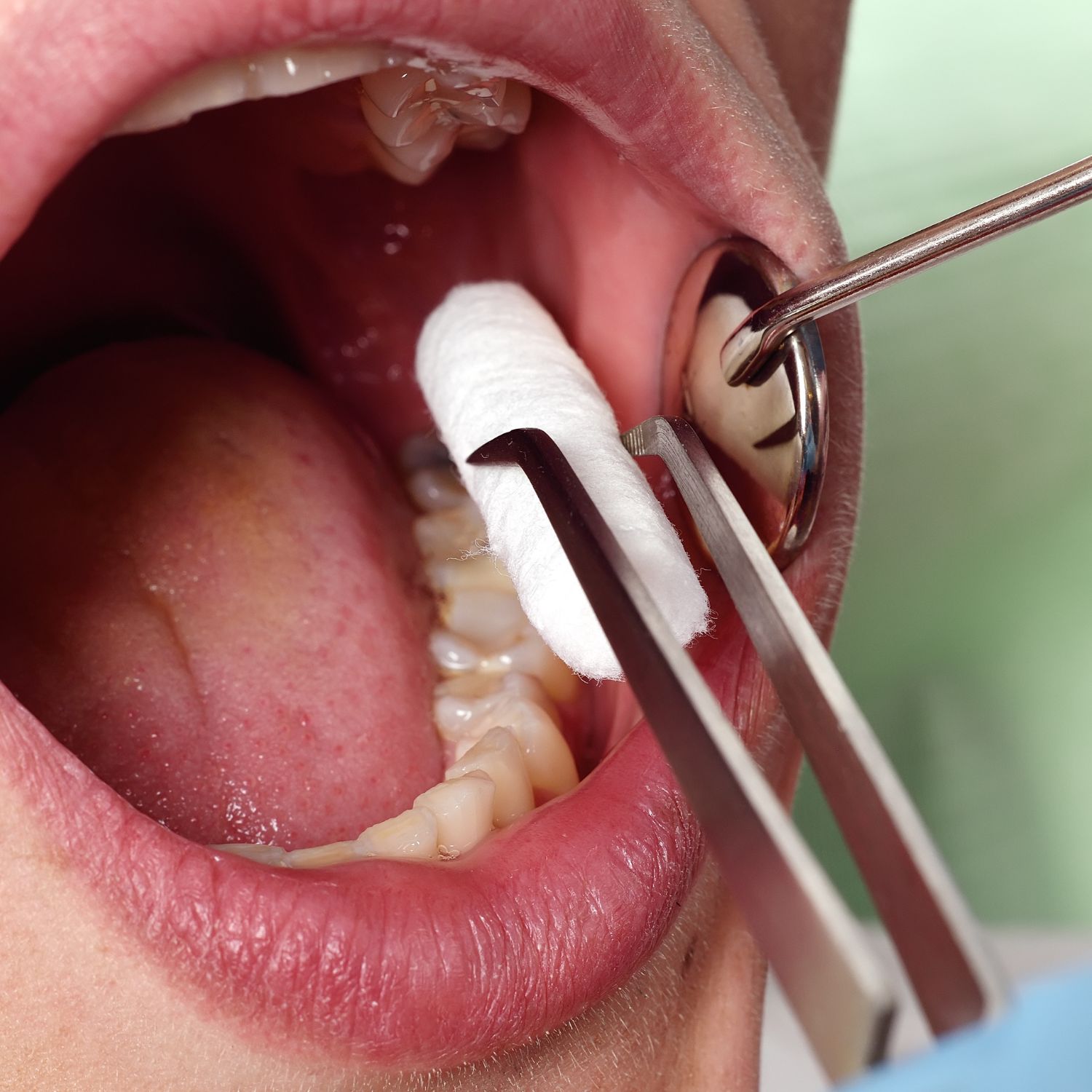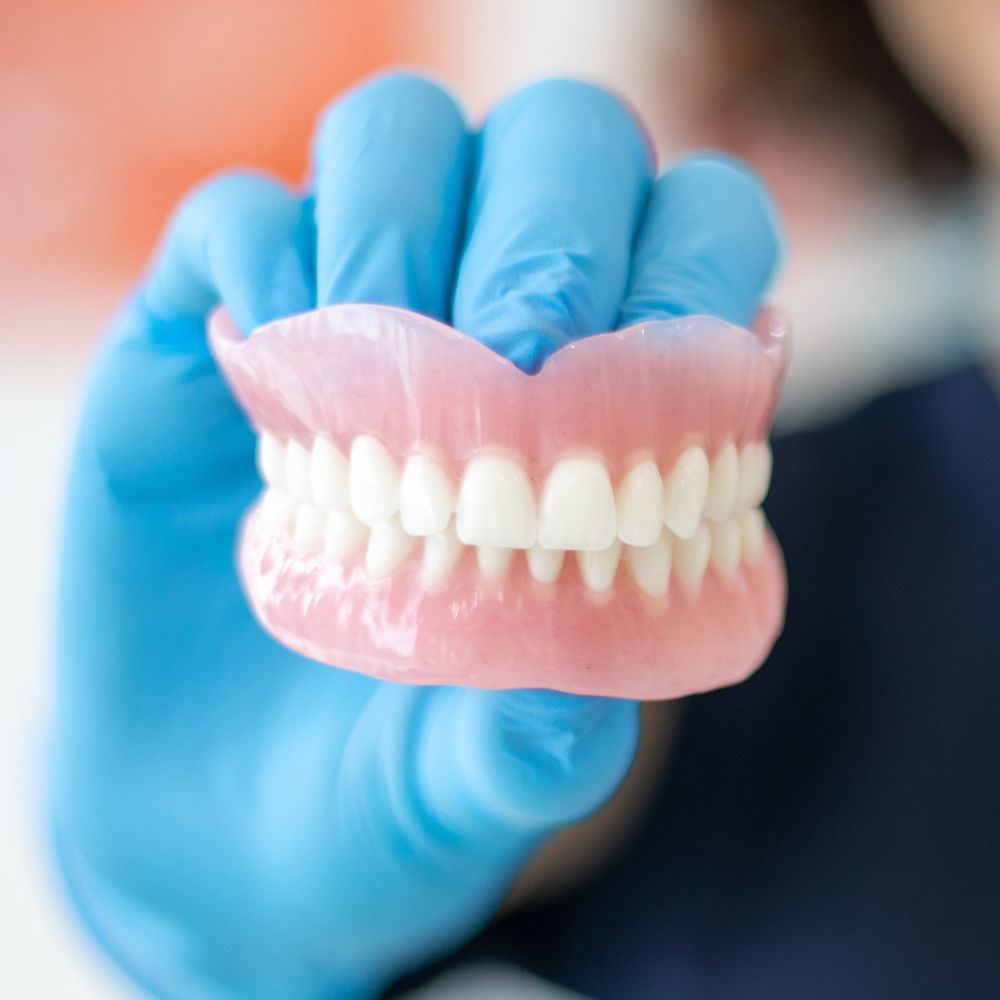Brygmos Splint
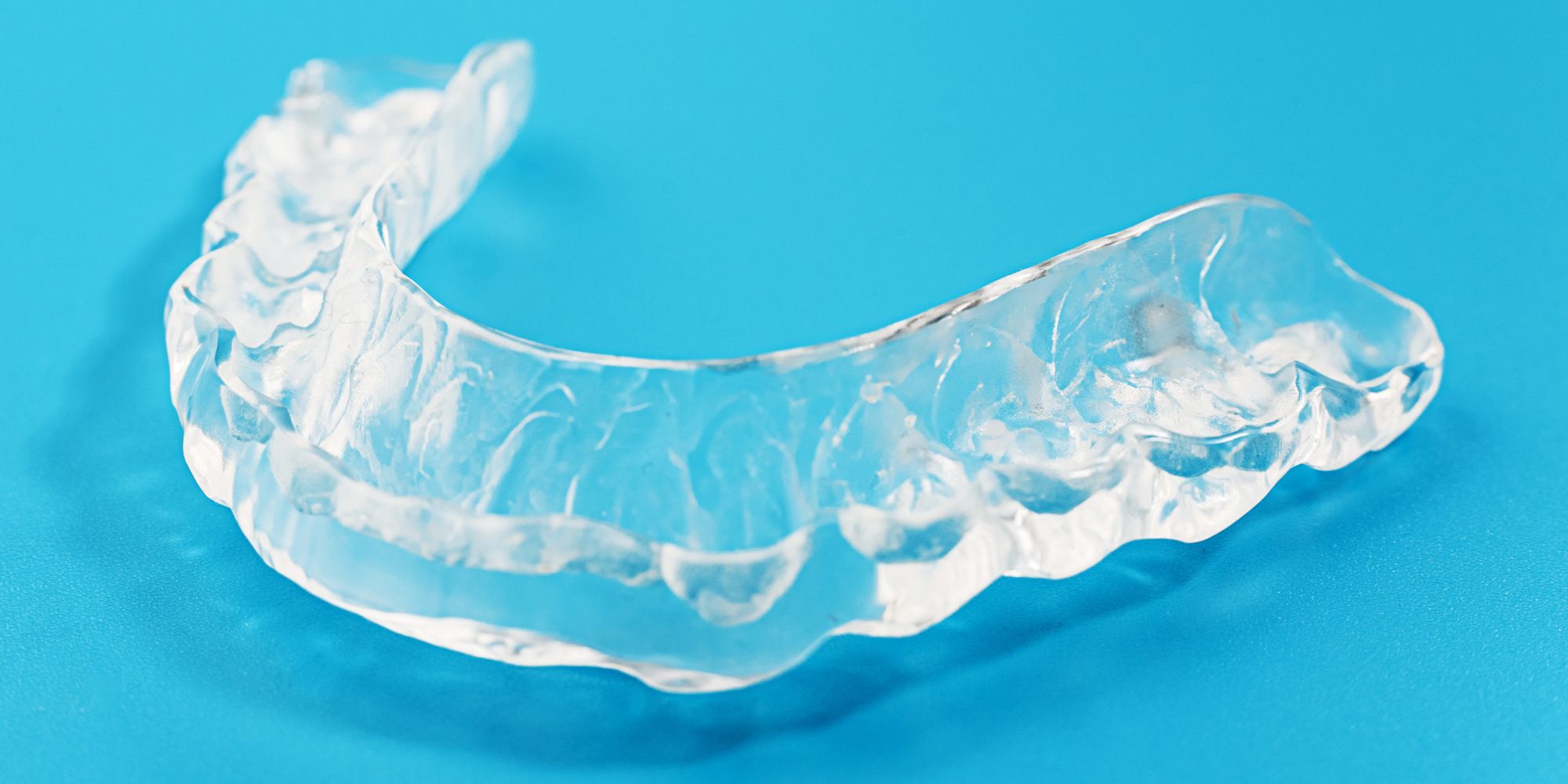
Brygmos Splint
What is bruxism?
Bruxism is the abnormal habit of clenching or grinding your teeth, that is, the unconscious, rhythmic and jerky movement of the lower jaw and the muscles that control it, in positions and movements different from normal chewing movements.
Types of bruxism
There are two main types of bruxism: sleep bruxism and daytime bruxism
Daytime bruxism is often associated with stress and anxiety. People with daytime bruxism may clench their teeth when they are focused, frustrated, or experiencing strong emotions.
On the other hand, sleep bruxism occurs during sleep and is more common. It is usually characterized by rhythmic, involuntary grinding or clenching of the teeth. Sleep bruxism is often associated with sleep disorders such as sleep apnea and restless legs syndrome.
Causes of bruxism
Understanding the causes of bruxism is essential to developing effective treatment strategies. Stress and anxiety are common triggers for teeth grinding. When we are under stress, our body's natural reaction is tension, and this tension can manifest as clenching or grinding of the teeth.
Sleep disorders such as sleep apnea and restless legs syndrome can also contribute to bruxism. These conditions disrupt normal sleep patterns, leading to increased muscle activity, including teeth grinding.
Lifestyle factors can also play a role in bruxism. Excessive caffeine and alcohol consumption can contribute to teeth grinding. Both substances can stimulate the central nervous system, leading to increased muscle activity, including jaw clenching and teeth grinding.
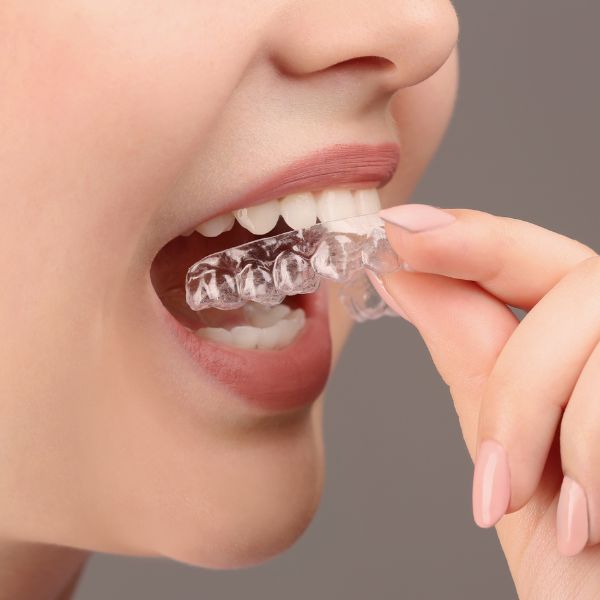
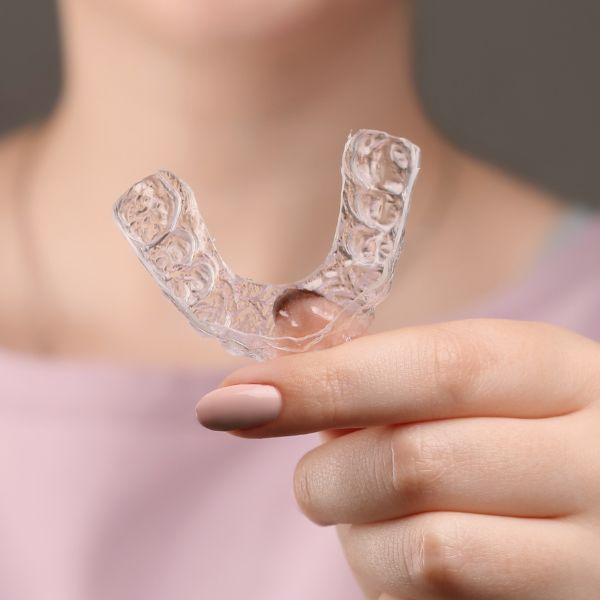
Signs and symptoms of bruxism
Bruxism can cause a number of symptoms and it is important to be aware of them in order to seek appropriate treatment. Some common signs and symptoms of bruxism include:
Headaches: Waking up with headaches is a common symptom of bruxism. Constant clenching and grinding of teeth can cause tension in the jaw muscles, leading to headaches.
Jaw pain: Bruxism can cause pain and stiffness in the jaws. Excessive pressure on the jaw joints during teeth grinding can lead to discomfort and even temporomandibular joint disorders (TMJ disorders).
Tooth sensitivity: Grinding your teeth can wear away the protective layer of enamel, exposing the sensitive dentin underneath. This can lead to tooth sensitivity to hot and cold temperatures.
Tooth damage: Bruxism can cause significant damage to teeth over time. Constant grinding can lead to tooth fractures, broken teeth, and even tooth loss in severe cases.
Treatment options for bruxism
There are several treatment options for managing bruxism and relieving its symptoms. The most common treatment approach involves the use of a custom-fit mouth guard or burr splint. A mouth guard acts as a protective barrier between the upper and lower teeth, preventing them from grinding against each other.
How does the hump splint work?
The brace is a specially designed construction that fits over the teeth. It acts as a protective barrier, preventing the upper and lower teeth from grinding against each other during sleep. By providing a cushion and redistributing the forces exerted by grinding, a brace helps reduce jaw pain, headaches and tooth damage caused by bruxism.
Braces work by creating a separation between the upper and lower teeth, effectively preventing direct contact and minimizing the effects of frictional forces. They are usually made of a durable, transparent material that is comfortable to wear. Some braces are designed to cover only the upper teeth, while others cover both the upper and lower teeth. Your dentist will recommend the most appropriate type of brace based on the severity of your bruxism and your specific needs.
Request an appointment
Faq Roar Splint
What are the benefits of bracing?
Braces not only protect your teeth, but also offer a number of other benefits. It can improve your sleep quality by reducing disruptions caused by teething noises. Additionally, a brace can help relax your facial muscles, relieving tension and promoting overall relaxation. By relieving the symptoms of bruxism, braces can significantly improve your quality of life.
Wearing braces can also prevent further damage to your teeth and dental restorations. It acts as a barrier, preventing direct contact between your upper and lower teeth, which reduces the risk of tooth decay, fractures and chipped enamel.
What are the causes of bruxism?
Sleep disorders such as sleep apnea and restless legs syndrome can also contribute to bruxism. These conditions disrupt normal sleep patterns, leading to increased muscle activity, including teeth grinding.
Lifestyle factors can also play a role in bruxism. Excessive caffeine and alcohol consumption can contribute to teeth grinding. Both substances can stimulate the central nervous system, leading to increased muscle activity, including jaw clenching and teeth grinding.
How is a hump splint used effectively?
Effective use of a brace requires consistent and correct use. Here are some tips to help you get the most out of your brace:
- Wear it consistently: Use your brace every night or as recommended by your dentist. Consistent use is vital to experience the full benefits and prevent further damage caused by grinding.
- Clean your splint regularly: Rinse your splint with water before and after each use. Use a toothbrush and mild soap or denture cleaner to clean it thoroughly.
- Store it properly: Store your splint in a clean, dry container when not in use. Avoid exposing it to extreme temperatures or direct sunlight, as this may affect its shape and integrity.
Replace it when necessary: Over time, splints can wear down or lose their effectiveness. Replace the brace as recommended by your dentist to ensure optimal protection and symptom relief.
Does bruxism occur in children?
Bruxism is not just limited to adults – it can affect children too. In fact, it is quite common for children to grind their teeth, especially during sleep. Most children outgrow bruxism by adolescence and it is usually nothing to worry about.

